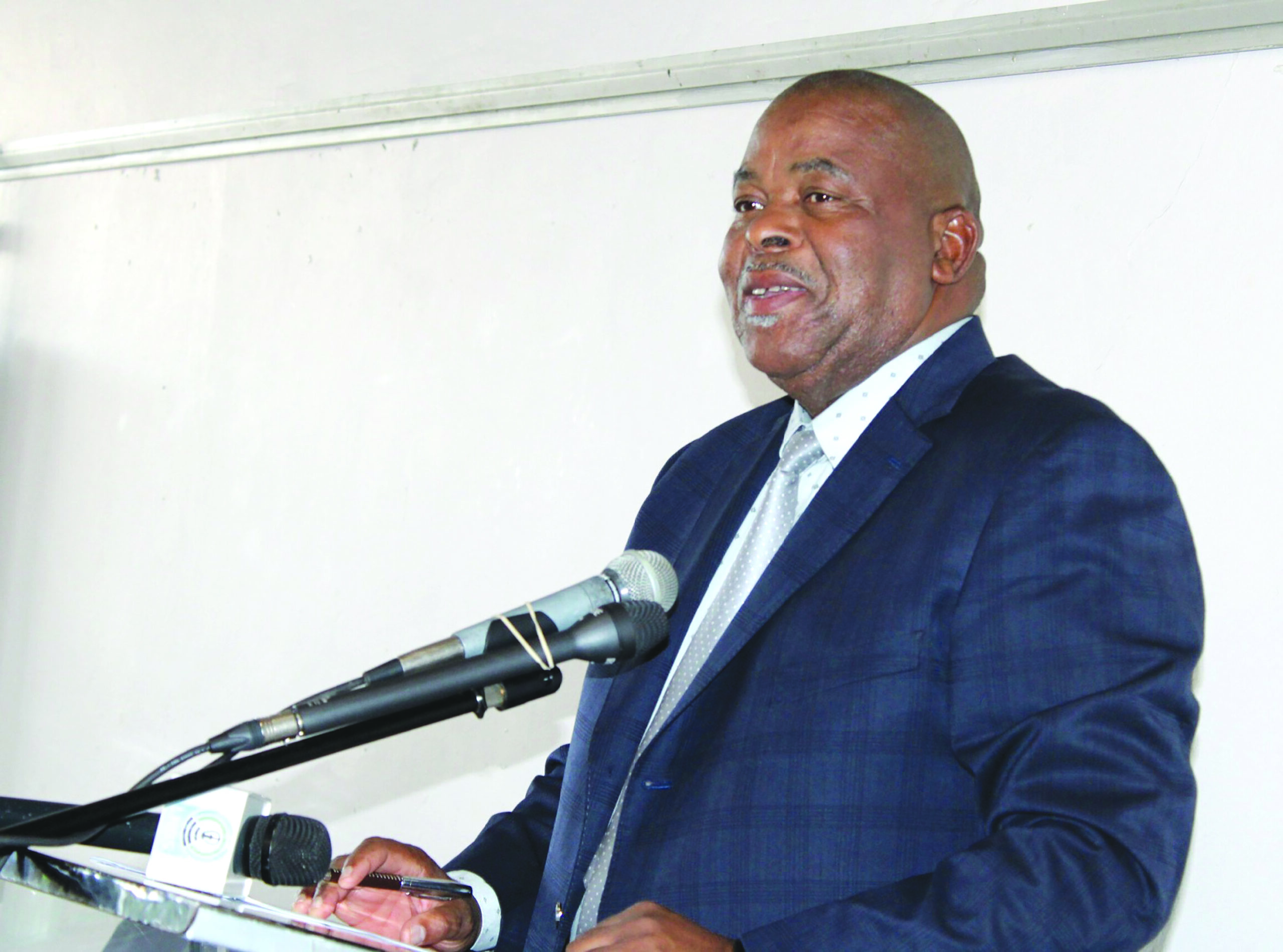Staff Reporter
A heated exchange has erupted between the Independent Electoral Commission (IEC) and Yearn for Economic Sustainability (YES) following accusations of attempts to discredit the integrity of the IEC.
The dispute arose after YES leader, Molefi Ntšonyana, allegedly made comments on social media questioning the competence of the IEC and its Director of Elections, Mpaiphele Maqutu.
In response, the IEC issued a letter to YES, demanding an explanation and potential consequences for alleged violations of electoral regulations.
IEC’s Letter to YES
On July 24, 2023, Maqutu penned a letter addressed to the leader of YES.
In the letter, Maqutu expressed concern over Ntšonyana’s actions, claiming that the leader’s attempts to undermine the IEC’s credibility were in breach of party obligations stipulated in the National Electoral Act of 2011 and the Local Government Elections Act of 1998.
Maqutu accused Ntšonyana of making unfounded claims that the commission was incompetent and implied that he (Maqutu) was politically biased.
“The leader is quoted in one social media platform painting a picture that there is massive evidence that the IEC is incompetent and that the Director of Elections ‘oa politika’,†the letter read.
It cited Section 122(2) of the National Electoral Act, read together with Section 80A of the Local Government Elections Act, as the legal basis for seeking an explanation from the party.
The letter further requested that YES submit a written representation within 30 days to justify why the party should not face potential cancellation under Section 27(1)(f) of the National Assembly Electoral Act of 2011, in conjunction with Section 27(2) of the same act.
YES Responds to the IEC’s Accusations
In response to the IEC’s letter, Advocate Fusi Sehapi, the legal representative of Molefi Ntšonyana and YES, replied on July 28, 2023.
Sehapi raised several concerns regarding the IEC’s accusations.
He contended that the sections cited by the IEC, namely Section 122(2) of the National Assembly Electoral Act and Section 80A of the Local Government’s Elections Act, do not provide grounds for the cancellation of a political party or any other form of punishment.
He further argued that the IEC had not presented specific provisions of the Electoral Code of Conduct that YES allegedly violated, rendering the charge against the party defective.
“Your conduct and charge violate the legal maxim no punishment without law – nulla poena sine lege,†he said.
Moreover, Sehapi pointed out that the IEC is a public body and, as such, it is open to political criticism.
He cited a Constitutional Court judgment that abolished defamation against state organs, emphasising that the IEC lacks personal emotions and cannot claim defamation.
He said: “Per this judgement, if you feel hurt in your dignity or good name you are free to institute a personal claim and not to use the machinery of state to fight personal battles.â€
Sehapi further asserted that the IEC’s letter infringed upon Ntšonyana’s personal freedom of speech, a right protected under the constitution.
Summary
- In the letter, Maqutu expressed concern over Ntšonyana’s actions, claiming that the leader’s attempts to undermine the IEC’s credibility were in breach of party obligations stipulated in the National Electoral Act of 2011 and the Local Government Elections Act of 1998.
- The letter further requested that YES submit a written representation within 30 days to justify why the party should not face potential cancellation under Section 27(1)(f) of the National Assembly Electoral Act of 2011, in conjunction with Section 27(2) of the same act.
- He contended that the sections cited by the IEC, namely Section 122(2) of the National Assembly Electoral Act and Section 80A of the Local Government’s Elections Act, do not provide grounds for the cancellation of a political party or any other form of punishment.

Your Trusted Source for News and Insights in Lesotho!
At Newsday Media, we are passionate about delivering accurate, timely, and engaging news and multimedia content to our diverse audience. Founded with the vision of revolutionizing the media landscape in Lesotho, we have grown into a leading hybrid media company that blends traditional journalism with innovative digital platforms.









